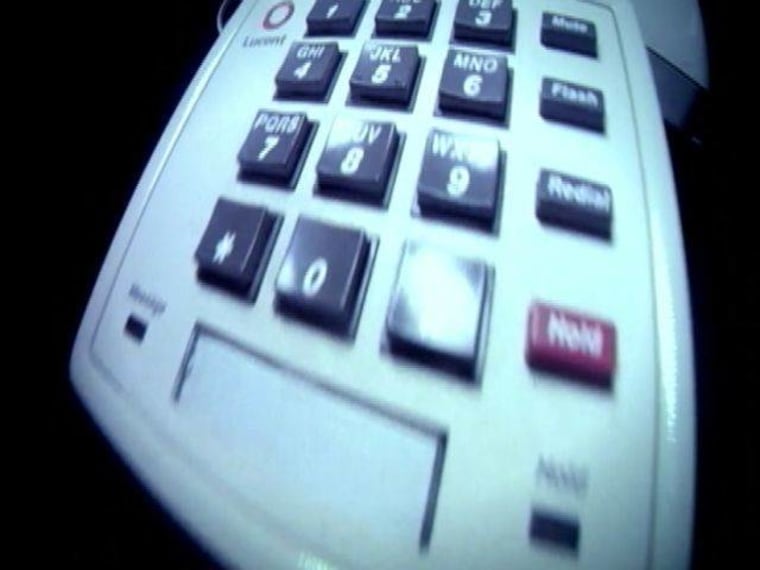A federal judge has struck down Arkansas' ban on political robocalls, putting another crack in the wall protecting Americans from annoying automated calls pushing candidates and issues — just as the campaign season is hitting the home stretch.
It's the second time in less than a year that a state law banning the calls has been tossed out, after a federal court overturned South Carolina's ban last year.
Like that court, Judge J. Leon Holmes found in a ruling filed Thursday in U.S. District Court in Little Rock that Arkansas' law, which was passed in 1981, violates the First Amendment as a content-based restriction on speech.
Holmes ruled that, in essence, Arkansas' law is unconstitutional because it doesn't go far enough — instead of banning all automated calls without regard to their content, the law makes the mistake of specifying certain kinds of banned calls while allowing others, he wrote.
Arkansas Attorney General Leslie Rutledge contended that the calls violated Arkansans' privacy and their safety, arguing that when a phone line is tied up by a robocall, it might not be available to call 911.
But Holmes noted that the law doesn't ban automated calls from charities, even though the same concerns presumably would exist for them.
"If the interests of privacy and safety warrant restriction of automated calls made for a commercial purpose or in connection with a political campaign, they also warrant restriction of other types of automated calls," Holmes wrote, calling the law "underinclusive."
Rutledge's office told NBC affiliate KARK of Little Rock that it's reviewing the ruling before deciding how to proceed.
TODAY: How to Block Those Unwanted Political Robocalls
The ruling further blurs the question of whether Americans can be shielded from robots that serially dial them from political companies.
You might think you're protected from the pesky calls as long as you've signed up for the federal Do Not Call registry. But that registry specifically exempts calls from "organizations engaged in political solicitations or surveys."
In response, Arkansas and two other states — South Carolina and Montana — specifically banned political robocalls on their own, according to a database of state laws compiled by the Stratics Group, a national campaign telephone services company based in Huntsville, Ala. And at least 21 other states have imposed some restrictions, from setting approved hours to call to requiring state- or phone company-issued permits.
Then, last year, a federal appeals court in South Carolina struck down the state's ban on the same grounds Holmes stated on Thursday — meaning content-based restrictions on robocalls have now been found unconstitutional in two separate federal judicial circuits.
Meanwhile, a federal judge ruled in April that Indiana's blanket robocall ban is legal precisely because it doesn't target specific kinds of calls.
Taken together, the three rulings suggest that the courts are moving closer to declaring that if states want to quash the exasperating calls, they must ban all of them — even those from charities, many of which are represented by powerful lobbying groups.
Related: Businesses Are Asking Congress to Weaken Robocall Laws
And the rest of Arkansas' robocall law could be in peril as well.
The law also bans automated calls offering goods or services for sale and for gathering data. But because the plaintiffs — Conquest Communications, a robocall outfit based in Columbia, Va., and its managing partner, Victor Gresham — didn't raise those kinds of calls in their May lawsuit, the ruling doesn't apply to them, Holmes wrote.
And Holmes rejected the plaintiffs' request for monetary damages, ruling that, as a state official, Rutledge is protected from personal liability under sovereign immunity.

